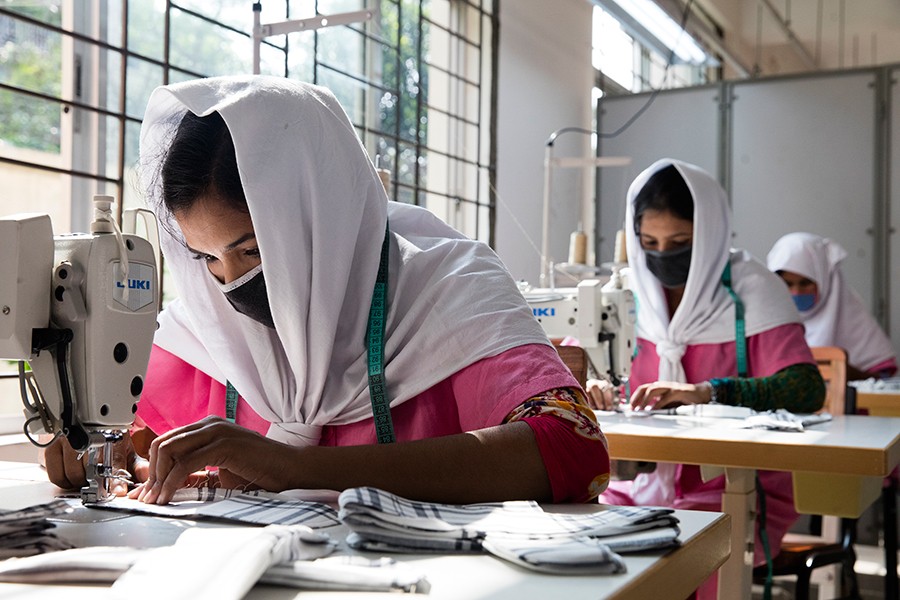Several Europe-based oganisations involved in ethical garment trade have urged the government for taking necessary measures in addressing the challenges over the continuation of the Accord in the country.
On November 26, the Dutch Agreement on Sustainable Garments and Textile jointly with Fair Wear Foundation, Fair Labour Association, Ethical Trading Initiative, Ethical Trading Initiative Norway, Danish Ethical Trading Initiative and Amfori sent a letter to the Prime Minister to address the situation of the Bangladesh Accord.
There is a court order that asks the Accord to leave the country by November 30.

"We respectfully call upon all the parties involved to work together, under the leadership of your esteemed office, to take all necessary steps to find solutions to the current challenges facing this partnership in order that the Accord may continue to contribute effectively to the growth and development of the sector in Bangladesh," says the letter.
The chiefs of the organisations, however, praised the joint steps taken by the government along with the Accord and the Alliance after the Rana Plaza building collapse.
They said the collaborative work has transformed industry safety levels and gone a long way towards establishing the necessary conditions to prevent such a tragedy reoccurring.
Brands, retailers and traders operating in the western export markets of the Bangladeshi apparel sector take "seriously their responsibility for decent working conditions" under which their garments and other products are produced," they said.
The Bangladesh Accord has played a pivotal role in creating confidence and improving working conditions, they added.
Recognising the achievements that have been made on worker safety, they said the creation of an independent Remediation Coordination Cell (RCC) within the Department of Inspection for Factories and Establishments (DIFE) to regulate safety in the garment sector marks an important step towards building a national body that can effectively regulate safety.
"We believe that the Transition Monitoring Committee (TMC) has made good progress," they said.
They, however, said there is still more to be done to complete the remediation at factories covered by the Accord.
Less than half of all Accord-covered factories have completed the installation of adequate fire detection systems and less than 60 per cent have completed structural retrofitting, based on approved detailed engineering assessments (DEAs), they noted.
They warned the factories not covered by the Accord or Alliance will place an additional burden on the programme of work of the RCC that could jeopardise its successful start.
Further work is necessary in order to absorb the work of the Accord into the RCC and the cell needs to be provided with further opportunity and time to successfully develop, they said.
There is a clear benefit to everyone including Bangladesh, the global apparel industry and workers in local factories to continue and deepen this successful partnership that has delivered fundamental and substantive positive change.
The groups feared that the safety of Bangladesh garment workers could be compromised if an effective structure is not in place for charge handover.


